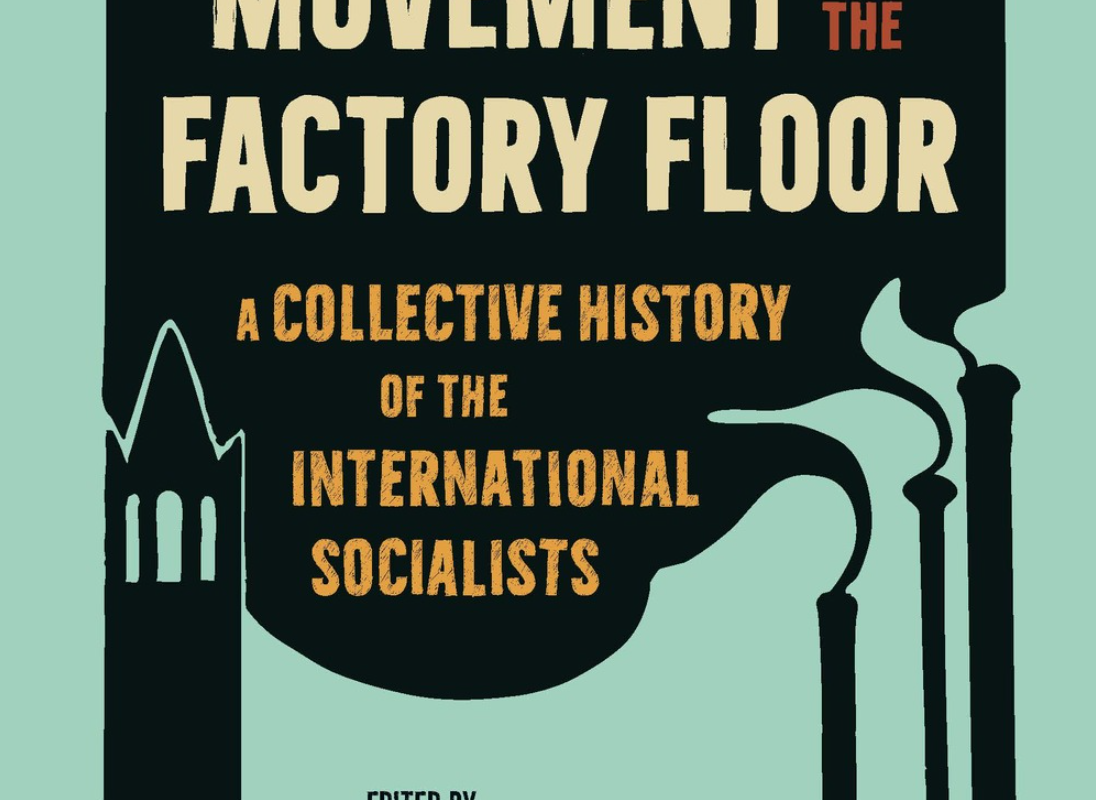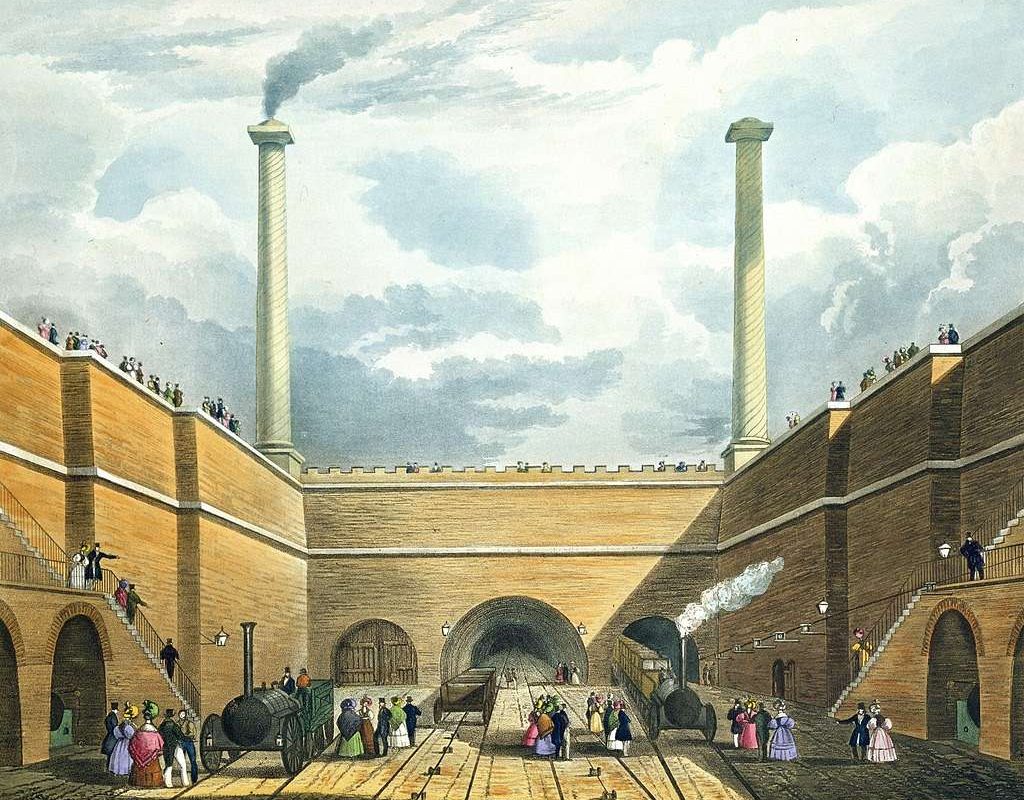Rebellious Daughters of History #46
by ,,Judy Cox

Anne Ellis and the Dewsbury weavers’ strike (1875)
On 1 February 1875, weavers In West Yorkshire learned that mill owners planned to impose a wage cut of two to three shillings per week. Male and female weavers walked out of the Stubley and Taylor mills in Batley. On 5 February, three hundred male and female weavers at Oldroyd’s mill in Dewsbury joined the strike.
The male and female members voted for an all-female strike committee to represent them before the Masters Association cartel. Never before had an all-female committee represented a group of male and female weavers.
A male weaver told the The Huddersfield Examiner that female weavers in Dewsbury were ‘coming to the front and taking on labour and there wasn’t another place in England where they had done that.’
On 13 February 1875, 9000 female and male striking weavers converged in a field near Spinkwell Mills, Dewsbury, West Yorkshire.
A young mother, Anne Ellis, emerged as a strike leader. The Dewsbury News reported Anne’s speech: ‘They could not stand a reduction – for rents, rates or coals or flour were dear, as everyone who kept a house would know….and whilst the masters could live on less profits, it was not possible for the workers to live on nothing to eat’. (Huddersfield Examiner, 15 February1875)
One male weaver told the local paper, ‘the men should be faithful and true to the women… a man who won’t back a woman is no man at all.’
The masters retaliated by threatening to sack the striking male relations of the female committee members.
The Weavers Committee rejected outside help from middle-class led women’s trade union organisations. Ann Ellis argued that the women of Dewsbury and Batley could win their own strike. But they did call for solidarity from the miners of Wakefield and other weavers which boosted the strike fund to over £1200. Working-class solidarity defeated the masters and the price for weaving was restored.
Ann Ellis died in the Bradford Workhouse in 1919 at the age of seventy-six. The Dewsbury and Batley Weavers Committee established the fundamentals of New Unionism before the even the Match Women and the London dockers.

Demanding Equal Pay: Women’s Bus Strike 1918
During the First World War, women took over many of the jobs that had previously been done by men. By 1918, the London General Omnibus Company employed 3500 women, and thousands more were employed by other bus and train companies in London. Many women joined unions, but the unions refused to support equal pay for women.
In mid-1918, male workers were given a 5 shilling a week wartime bonus to help cope with the increased cost of living. Women were not given this bonus.
On the 16th of August, a meeting of women at Willesden bus garage decided to go on strike the following day, without informing their bosses or unions.
The next day, they were joined by women at the Hackney, Holloway, Archway and Acton depots and garages, and the strike continued to spread throughout the day.
At first the women demanded the same 5 shilling per week bonus as men, but their demands soon escalated to equal pay, and they adopted the slogan ‘Same Work- Same Pay.’
By the 23rd of August, female bus and tram workers around the country had joined the strike, including in Bath, Bristol, Birmingham, Brighton, and Weston-super-mare.
The strikers held a series of mass meetings at the Ring, on Blackfriars Road in Southwark. It was a boxing arena that had been destroyed by aerial bombing. Many women brought their children and picnics with them.
The strike was settled on the 25th of August although many women did not want to go back to work. The women won the 5 shilling bonus, but not equal pay.
The struggle of women transport workers was not isolated. In the same month there was agitation among school teachers, and in Woolwich 6,000 ‘munitionettes’ took the day off and demonstrated in Whitehall. In October 1918 women street cleaners in Holborn struck and there were violent clashes when women set about scabs with brooms.
There was also a series of upheavals among the thousands of women workers at the Mount Pleasant postal sorting office at Clerkenwell; the unions representing ‘inside’ staff had refused the women membership, so the had to set up their own unofficial committees.



